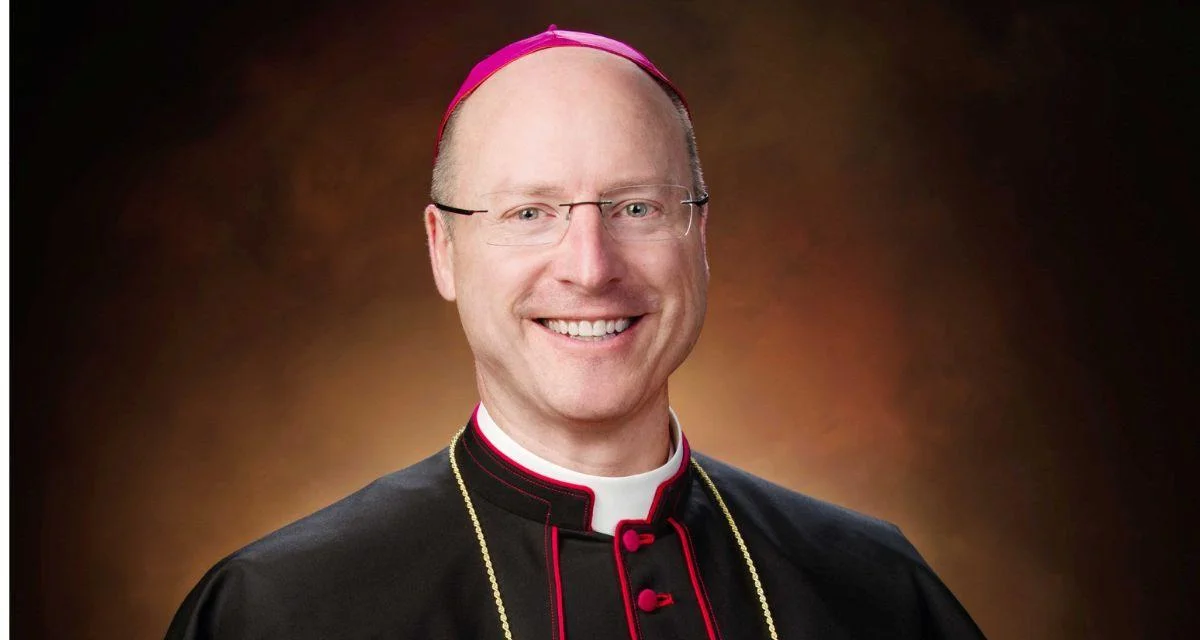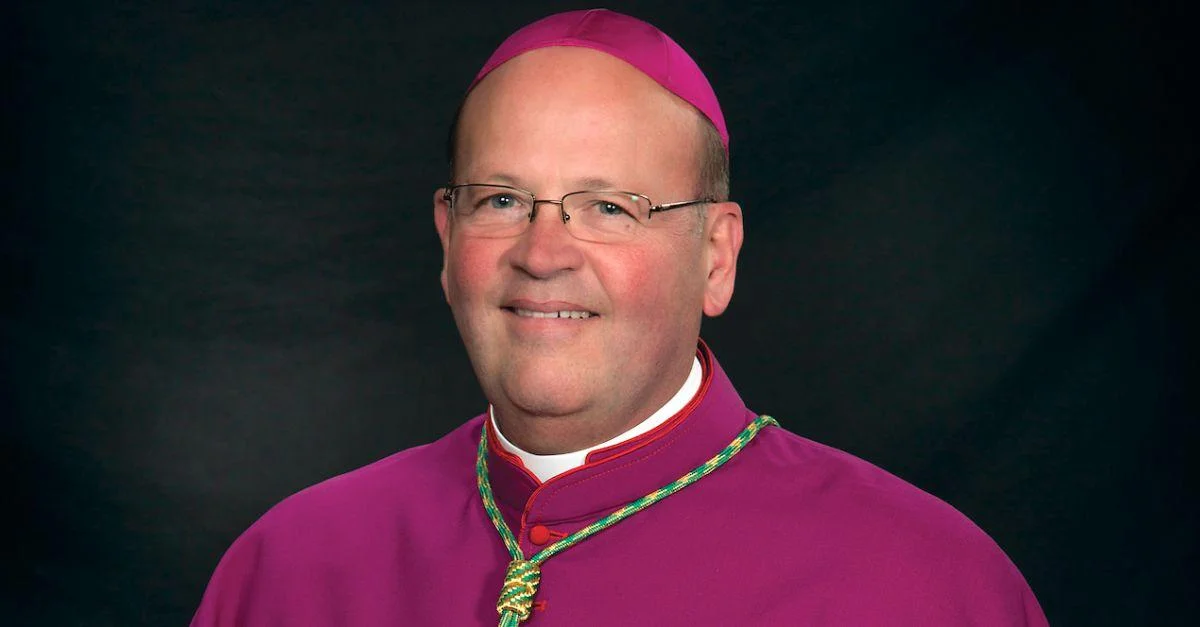
Rev. James D. Conley, D.D., S.T.L. | Diocese of Lincoln website
The question of whether priests can use homemade bread for Communion is addressed by the Church's guidelines on the matter. According to Church teachings, certain practical judgments have been entrusted to it, including those related to the preparation and use of bread during Mass.
Jesus commanded His followers to baptize all nations, but left the specifics of implementation to His Apostles and their successors. Similarly, while Revelation provides instructions on what should be done, the Church guides its members on how these tasks should be carried out.
The Code of Canon Law for the Latin Church specifies that bread used in Mass must meet several criteria: it must be real bread made from wheat, recently prepared to avoid spoilage, and unleavened in the Latin Church. The inclusion of low-gluten hosts is permissible as long as they contain some gluten; completely gluten-free hosts do not qualify as true bread.
While "recently made" is a less defined requirement, documents from the Holy See suggest that climate and storage conditions affect spoilage rates. Consecrated hosts should ideally be consumed within a month, whereas unconsecrated ones may last longer with proper storage techniques such as refrigeration or vacuum sealing.
The requirement for wheat-based bread without additives excludes other grains or ingredients. In the Latin tradition, unleavened bread is used because Christ's Last Supper involved unleavened bread during Passover. Symbolically in Scripture, yeast represents sin and corruption; thus excluding it emphasizes purity in Communion.
There are no specific rules about who can produce Communion bread. Historically, cloistered religious communities were tasked with this role to avoid contamination by worldly impurities. Today, both religious communities and businesses produce hosts according to Church standards.
In conclusion, priests may use homemade bread for Communion if they ensure compliance with Church laws regarding its production.





 Alerts Sign-up
Alerts Sign-up